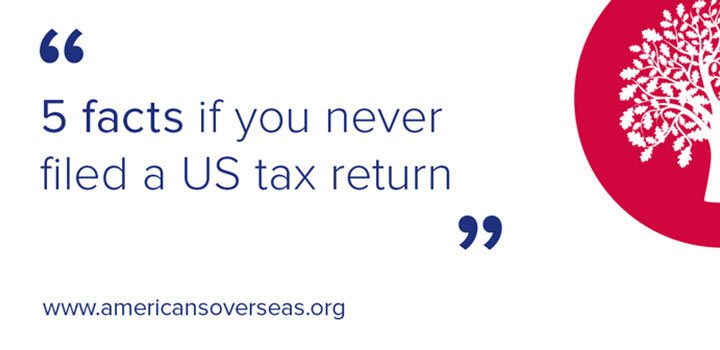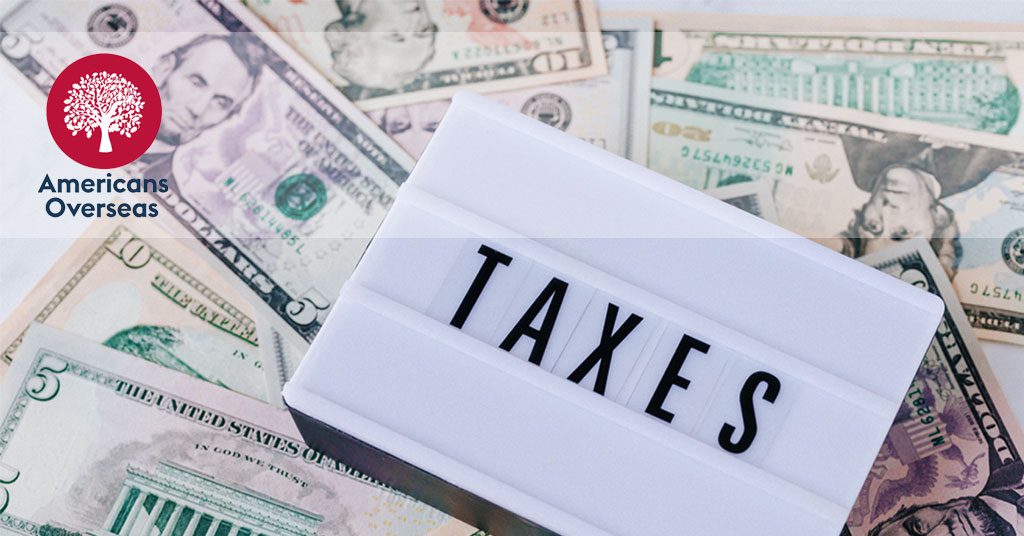
Court: De Volksbank was wrong to close accounts of “accidental American”

According to Dutch daily De Telegraaf the Dutch court has ruled that De Volksbank was wrong to close accounts of “accidental American”.
The Volksbank was not allowed to close the bank accounts of an “accidental American,” the Central Netherlands District Court concluded in legal proceedings.
The Volksbank closed the accounts of a man who did not want to give the bank a Social Security Number, and who did not want to file a tax return in the United States and was thus suspected by the bank of evading tax. In summary proceedings a year ago, a court ruled in favor of the bank.
Accidental American
The case concerns a Dutch man who was born in the United States while his father was stationed there, making him an American citizen by birth, even though he had no other connection with that country as he only lived there for the first year of his life.
U.S. law requires all citizens, regardless of where they live, to file annual tax returns with the U.S. authorities. Moreover, the U.S. threatens to sanction banks that are not attentive to American requirements.
Court rulings
The court ruled that Dutch banks are not required to pass on the bank account details of American citizens with a balance below 50,000 dollars (44,000 euros) to the American authorities. During court proceedings, it was revealed that the man’s accounts fall under that limit.
The Volksbank, which is the State-owned parent company of SNS and RegioBank, also closed his account because the man was suspected of evading tax, which could put the bank in a position to be considered guilty of money laundering.
“Figures from the American authorities show that only a small percentage of ‘Accidental Americans’ actually have to pay taxes,” the court said in a statement. “It is up to the Volksbank to demonstrate that this man falls into that small group. The bank has not done that.”
Filing tax returns in the U.S. can be costly, even if no tax is owed. Relinquishing American nationality can also cost several thousand euros, and also requires that the person giving up their citizenship file a tax return covering the previous five years.
Americans Overseas: information for Accidental Americans
Americans Overseas informs local and European parliaments about the effects and problems European citizens have with these (recently) enforced laws.
We started this initiative to help people from all over the world by providing proper information to avoid unnecessary panic and offering help free of obligation and free of charge. If needed, we have a network of affordable professionals (accountants) who can help you with your tax obligations.
If you have more questions about the consequences of FATCA for accidental Americans, you can contact us at Americans Overseas.
Contact us for more information
Frequently asked questions
Understanding the US tax system, the obligations, and all the additional terms can be difficult. Especially if one lives outside of America. Is your question not answered? Contact us.
-
Who is required to file taxes in the US?
U.S. citizens and resident aliens who live abroad are generally required to file a federal income tax return and pay taxes on their worldwide income.
Read more... about Who is required to file taxes in the US? -
Do US citizens living abroad still have to file taxes in the US?
Yes, US citizens are required to file taxes on their worldwide income, regardless of where they are living.
Read more... about Do US citizens living abroad still have to file taxes in the US? -
How can I cash my US check?
Received an American check? You can cash your check in the following ways: cash the check at your own bank, transfer to another person (endorsement), cash checks using an online service or cash the check by another bank.
Read more... about How can I cash my US check? -
Are there any special tax forms required for US citizens living abroad?
US citizens living abroad may be required to file Form 2555 and/or Form 1116 to claim the foreign-earned income exclusion.
Read more... about Are there any special tax forms required for US citizens living abroad? -
What is FBAR filing?
FBAR (Foreign Bank Account Report) filing is the requirement for certain U.S. individuals and entities to report their foreign financial accounts to the Financial Crimes Enforcement Network (FinCEN) of the U.S. Department of Treasury. The FBAR filing requirement applies to U.S. persons who have a financial interest in, or signature authority over, one or more foreign financial accounts if the aggregate value of those accounts exceeds $10,000 at any time during the calendar year.
Read more... about What is FBAR filing?





